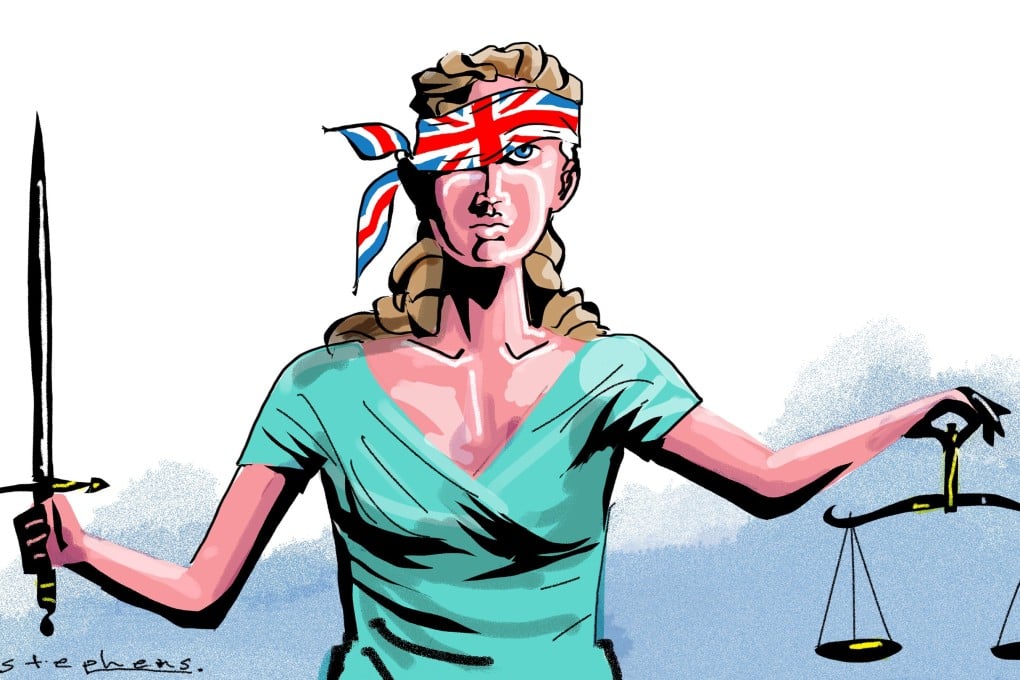Opinion | Hong Kong should trust its own judiciary on all extradition requests – whether or not they come from mainland China
- The UK experience underlines how concerns about another territory’s rule-of-law record do not stop an extradition agreement from being reached
- Effective extradition, which serves the interests of justice, must also be based on mutual trust

These critics, some of whom are seasoned lawyers, obviously have not read the existing law carefully, or at all, or fully understood the current extradition regime in Hong Kong.
The fact is that the existing Fugitive Offenders Ordinance was modelled after the UK equivalent and the UN model on extradition, and contains numerous human-rights and fair-trial safeguards, to be strictly applied by our judges, who are known to be of the highest standard.
However, the more troubling part is that the logic of those opposing the amendment is difficult to follow, to say the least. By definition, an extradition process is the transfer of a criminal from a home country to another country with a different judicial system. If one can only extradite a criminal to a country which has a superior record of rule of law, then many countries would not be able to employ any extradition process at all.
